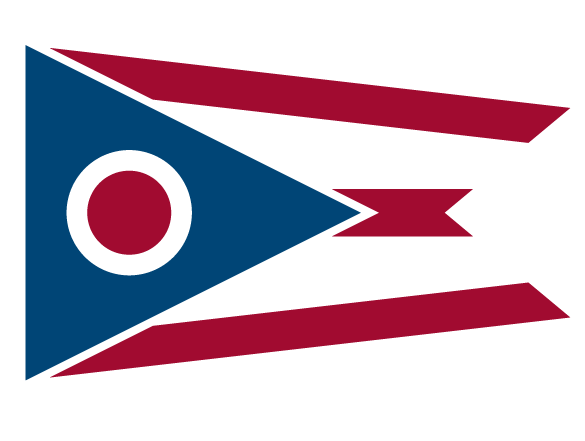Stockpiling
Food Stockpiling
If a winter storm, wind storm or other disaster strikes your community, you might not have access to food, water, and electricity for days or even weeks. Remember the windstorm from Hurricane Ike in 2008 that knocked out power for over a week for some? By taking some time now to store emergency food and water supplies, you can provide for your entire family. Stockpiling food and water is done for various reasons. Common reasons include in case of disaster or power outage, unexpected unemployment or even to save money on your food budget. This is an essential part of emergency response plan but stockpiling also can serve these other purposes. The American Red Cross Food and Water in an Emergency Guide recommends a two week supply but keeping enough food and water on hand for three days is essential.
As you stock food, take into account your family’s unique needs and tastes. Familiar foods are important. They lift morale and give a feeling of security in times of stress. Try to include foods that they will enjoy and that are also high in calories and nutrition. Foods that require no refrigeration, water, special preparation, or cooking are best.
Buying things when they are on sale, with coupons, and stockpiling those items can be a great way to save money! Date all food containers and rotate, Rotate, ROTATE – that is, the first food in should be the first food out. The reason for this emphasis on stock rotation is because all foods have a shelf life.
Individuals with special diets and allergies will need particular attention, as will babies, toddlers, and the elderly. Nursing mothers may need liquid formula, in case they are unable to nurse. Canned dietetic foods, juices, and soups may be helpful for ill or elderly people. Make sure you have a manual can opener and disposable utensils. Don’t forget nonperishable foods for your pets.
Water Stockpiling
Having an ample supply of clean water is a top priority in an emergency. A normally active person needs to drink at least two quarts (half gallon) of water each day. People in hot environments, children, nursing mothers, and ill people will require even more. You will also need water for food preparation and hygiene. Store at least one gallon per person, per day. Consider storing at least a two-week supply of water for each member of your family. If you are unable to store this quantity, store as much as you can.
To prepare the safest and most reliable emergency supply of water, it is recommended that you purchase commercially bottled water. Keep bottled water in its original container, and do not openit until you need to use it.
TIP: If you use well water, fill up your bathtub before a nasty weather event to ensure plenty of water to flush toilets and wash things.
